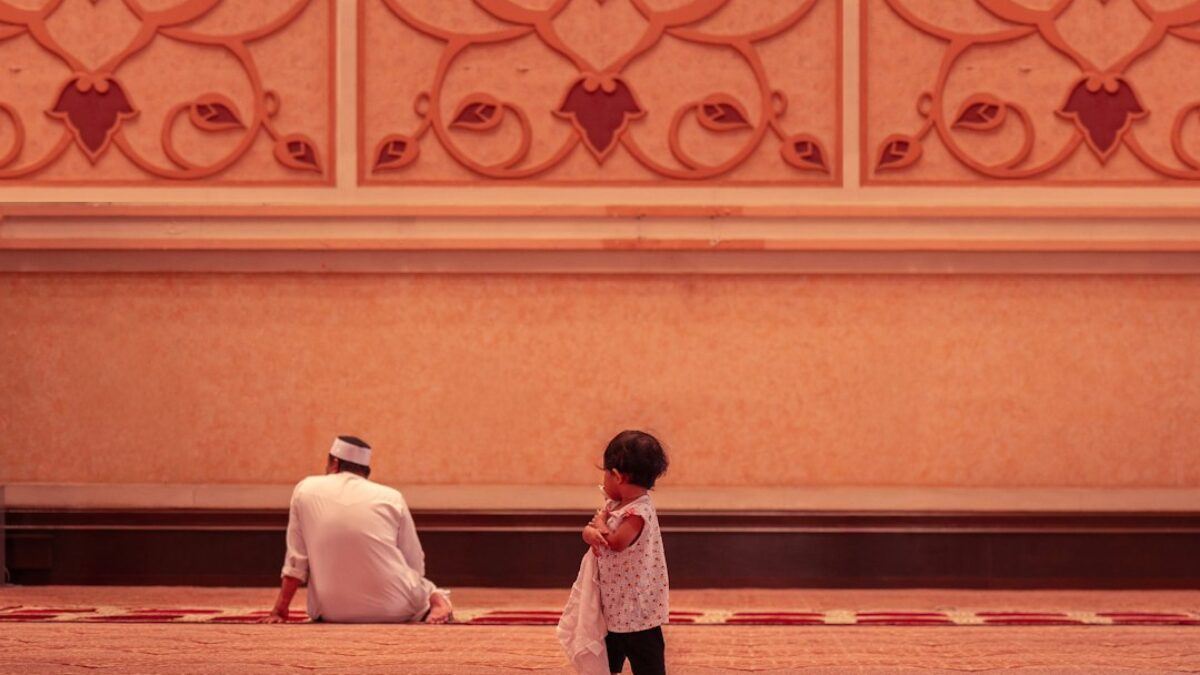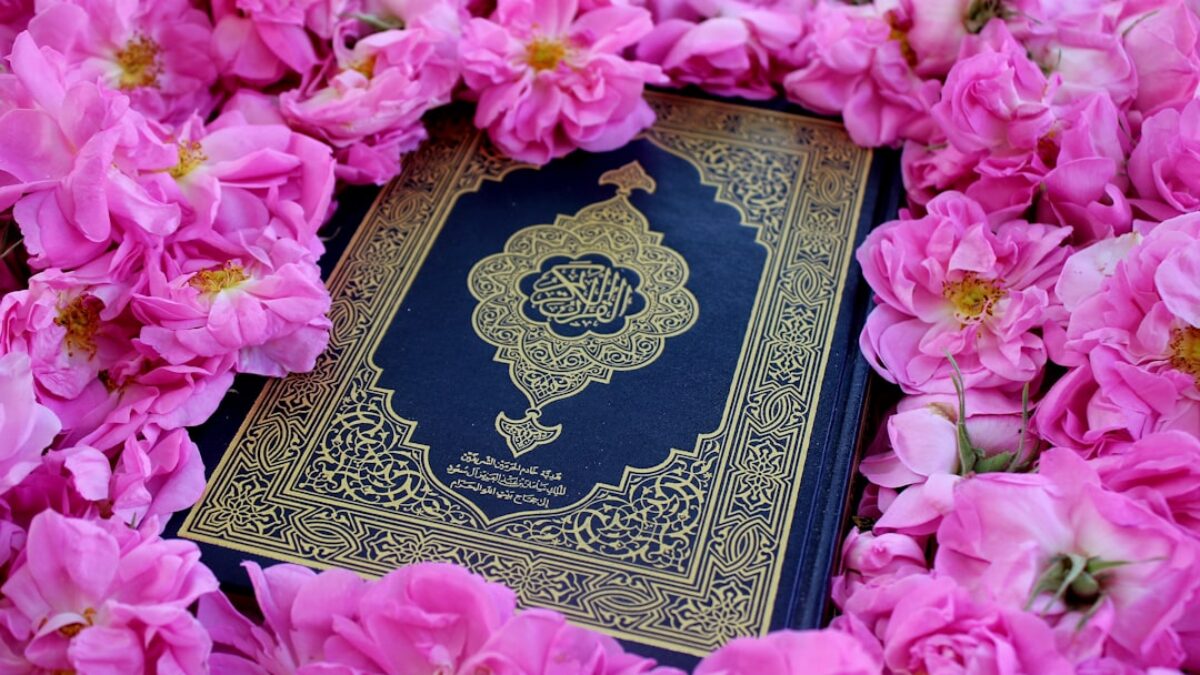Wealth and abundance are not merely material attainments; in the Islamic worldview they are spiritual trusts that flow from Allah’s boundless mercy. When a servant approaches sustenance with taqwa (God-consciousness), shukr (gratitude), and istiqāmah (steadfastness), every coin earned and every meal shared becomes a form of worship. The Qur’an declares, “And if the people of the towns had believed and feared Allah, We would have opened upon them blessings from the sky and the earth” (7:96). The gateway to those blessings is duʿāʾ—intimate conversation with the All-Provider—crafted upon the Prophetic model. This article explores powerful duas for wealth and abundance, their Qur’anic roots, sunnah endorsements, and practical methods to internalize them so that barakah permeates every dimension of life.
Understanding Duas for Wealth and Abundance in Islam
Islamic teachings do not condemn wealth; they elevate it. When accumulated lawfully and spent wisely, wealth funds sadaqah, builds masjids, and uplifts communities. The Prophet ﷺ routinely prayed for halāl rizq and taught his companions to do the same. Wealth-oriented duas are therefore acts of ʿubūdiyyah (servitude), acknowledging that Allah alone is Ar-Razzāq, the Ultimate Provider.
Core Concepts
- Rizq: An all-encompassing term for sustenance—money, knowledge, health, time, and even righteous progeny.
- Barakah: Divine increase and stability; a small amount suffuses life with contentment, whereas vast wealth without barakah breeds anxiety.
- Tawakkul: Reliance on Allah after taking lawful means; it safeguards against both fatalism and reckless materialism.
- ʿAdl & Ḥalāl: Wealth must be pursued within ethical boundaries; haram gains obstruct duas and attract divine wrath.
Theological Foundations
The Qur’an frames financial supplication within broader spiritual objectives. Surah al-Baqarah 2:201 couples the plea for “good in this world and good in the Hereafter”, underscoring that dunya and ākhirah are intertwined. Likewise, Surah Nuh 71:10-12 presents a divine formula: istighfār (seeking forgiveness) triggers rainfall, gardens, rivers, and multiplied wealth.
| Qur’anic Verse | Key Wealth Theme | Attitude Taught |
|---|---|---|
| 2:201 | Balanced dua for both worlds | Integration, not asceticism |
| 28:24 | Musa’s (AS) plea for khayr | Humility amid need |
| 65:2-3 | Promise of sustenance after ṭalāq | Trust during crisis |
| 11:6 | Allah feeds all creatures | Universal providence |
Key Components of Powerful Duas for Wealth
A dua is not a mechanical chant but a heart-spoken discourse. Its efficacy hinges on sincerity, prophetic wording, and spiritual etiquette.
Essential Ingredients for an Accepted Supplication
- Sincerity (Ikhlāṣ): Purify the intention—seek Allah’s pleasure, not merely luxury.
- Gratitude Base: Begin by thanking Allah for existing provisions; gratitude is a magnet for increase.
- Prophetic Phrasing: Use verbatim duas from Qur’an and Sunnah; they carry angels’ endorsement.
- Consistency: Prophet ﷺ described duas as “knocking on a door; if you stop, it won’t open” (Tirmidhī).
- Lawful Means (Tawfīq): Combine dua with halal effort—trade, study, or honest labor.
Recommended Times and Occasions
- Last third of the night (tahajjud)
- After obligatory prayers
- Between adhāand iqāmah
- While prostrating (sajda)
- On Fridays (especially the final hour before Maghrib)
- During rainfall
- While breaking fast (iftar)
Preparatory Acts that Amplify Response
Performing ghusl, wearing clean clothes, facing the qiblah, and raising the hands with palms up are sunnah etiquettes, but crucially, settle debts and reconcile broken ties—these blockages can delay relief.
Benefits and Importance of Wealth Duas
Beyond the obvious financial uplift, consistent supplication for rizq yields multidimensional rewards.
Spiritual Gains
- Increased Īmā: Dependency on Allah reduces reliance on created means.
- Tazkiyyah: Cleansing the heart from love of wealth as an end in itself.
- Guardian Angels’ Invocation: Angels recite mercy on those who seek halal provision (Bukhārī).
Psychological and Social Effects
Reciting “Allahumma inni as’aluka ʿilmanāfiʿan wa rizqan ṭayyiban” daily embeds a mindset of sufficiency, mitigating comparison culture and envy. Families who recite after Fajr report fewer arguments over money and increased charitable giving, creating a virtuous cycle of barakah.
Practical Applications: Authentic Duas You Can Begin Today
Below are seven rigorously sourced duas, each accompanied by transliteration, translation, and actionable ritual to weave into daily life.
1. The Qur’anic Master Dua (2:201)
Arabic: رَبَّنَا آتِنَا فِي الدُّنْيَا حَسَنَةً وَفِي الآخِرَةِ حَسَنَةً وَقِنَا عَذَابَ النَّارِ
Transliteration: Rabbanā ātinā fi-d-dunyā ḥasanatan wa fi-l-ākhirati ḥasanatan wa qinā ʿadhāba–ār.
Application: Recite 3× after every ṣalāh, visualizing that ḥasanah includes both cash flow to fund good and peace of heart to enjoy it.
2. Sayyiduna Sulayman’s (AS) Kingdom Dua
Arabic: رَبِّ اغْفِرْ لِي وَهَبْ لِي مُلْكًا لَا يَنْبَغِي لِأَحَدٍ مِنْ بَعْدِي
Transliteration: Rabbi-ghfir lī wa hab lī mulkan lā yambaghī li-aḥadin min baʿdī.
Context: Sulayman asked for a unique kingdom plus forgiveness—wealth framed by repentance.
Action Plan: Fast on Monday and Thursday, then recite this dua 7× between Maghrib and Isha. Allocate the first 10% of any new income to charity as a covenant.
3. The Morning and Evening Fortress of Rizq
Arabic: اللَّهُمَّ إِنِّي أَسْأَلُكَ عِلْمًا نَافِعًا وَرِزْقًا طَيِّبًا وَعَمَلًا مُتَقَبَّلًا
Transliteration: Allāhumma innī as’aluka ʿilmanāfiʿan wa rizqan ṭayyiban wa ʿamalan mutaqabbalan.
Timing: Recite once after Fajr and once after ʿAsr. Couple it with two rakʿahs Ṣalātu Ḥājāh whenever a major financial decision looms.
4. Istighfar-Based Business Booster
Follow Surah Nuh’s model:
Recite: Astaghfirullāh wa atūbu ilayh 100× after Isha. Visualize the promise “wa madadnā lahum bi-rijzin samāʾin wa arḍin” (Qur’an 71:12) as clouds of barakah descending on your income streams.
5. Duas for Removing Debt and Financial Anxiety
Arabic: اللَّهُمَّ اكْفِنِي بِحَلَالِكَ عَنْ حَرَامِكَ وَأَغْنِنِي بِفَضْلِكَ عَمَّنْ سِوَاكَ
Transliteration: Allāhumma kfini bi-ḥalālika ʿan ḥarāmika wa aghninī bi-faḍlika ʿamman siwāka.
Method: Write the amount owed on a paper, place it under the prayer mat, and recite this dua 7× after each ṣalāh until cleared. Real-life testimonies indicate debts vanishing within months through this disciplined routine.
6. The Treasure Cave of Friday
Hadith: “Whoever recites Surah al-Wāqiʿah every night will never be afflicted by poverty” (Tirmidhī).
Strategy: Print a laminated copy by the bedside. Recite after Isha on Thursday nights, as the Islamic day begins at Maghrib.
7. Collective Family Dua after Meals
Arabic: الْحَمْدُ لِلَّهِ الَّذِي أَطْعَمَنَا وَسَقَانَا وَجَعَلَنَا مِنَ الْمُسْلِمِينَ
Transliteration: Al-ḥamdu lillāhi alladhī aṭʿamanā wa saqāā wa jaʿalanā mina-l-Muslimī.
Enhancement: Add the prophetic follow-up: “Allāhumma baʿrik lanā fīhi wa arzuqna khayran minhu”. Family dinner becomes a ritual of barakah, teaching children gratitude from a young age.
Real-World Case Studies
Case Study 1: The Freelance Designer who Doubled Her Income
Zaynab, a UK-based graphic designer, implemented dua #3 + Surah Wāqiʿah nightly for 60 days. She coupled this with setting aside 5% of every invoice for sadaqah. Result: client referrals skyrocketed, average project value rose 120%, and she cleared her student loan within a year.
Case Study 2: The Café Owner who Turned Losses into Profit
Hamza’s café in Kuala Lumpur was on the brink of closure. He began reciting dua #1 & 2 after Fajr, placed a ṣadaqah box at the counter, and paid staff
























Post Comment